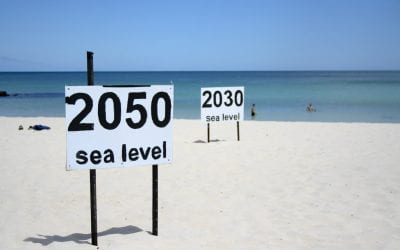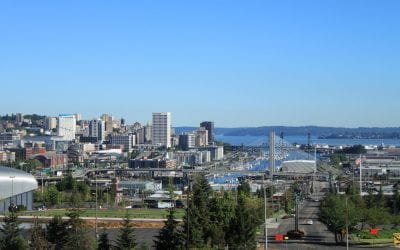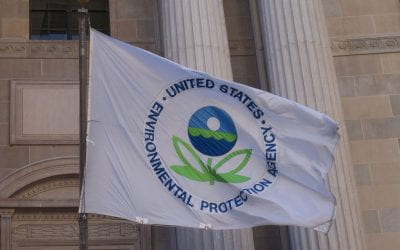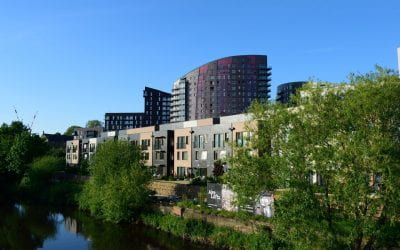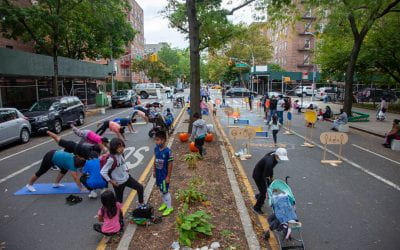GREENLAW
Donate to PELR
fall Symposium
Student Writing Competition
GreenLaw – Latest
How Norfolk, Virginia is Mitigating Sea Level Rise
The land is sinking, and the seas are rising. Coastal cities worldwide struggle to deal with the impact of climate change and the rising tides. Sea level rise impacts towns and communities around the globe. Their destruction has shown cities and towns the importance...
Sea Level Rise and Adaptive Development
The California Climate Action Team projects that climate change will cause the sea level to rise between seven and ten inches by the year 2050 and thirty-one to sixty-nine inches by 2100, affecting roughly 6% of the United States population that lives within 3 meters...
A Case Study of the Tacoma, Washington Climate Action Plan
Climate Action Plans (CAPs) are comprehensive roadmaps addressing greenhouse gas (GHG) reduction and climate resilience. Local CAPs – those administered by towns, cities, and counties – are integral to addressing climate change. Pursuant to city police power, local...
The Antiregulatory Effects of the REINS Act: Another “Major” Question About Delegation and Rulemaking Authority
This article is part of a three-part series on the environmental consequences of the REINS Act. The Regulations from the Executive in Need of Scrutiny Act (“REINS Act” or “Act”) is a legislative proposal that seeks the amendment of the Congressional Review Act...
The Make-Up Breakdown: Cosmetic Use as an Environmental Justice Issue
Cosmetics are personal care products that many will admit they simply cannot live without. However, the products we use every day may have negative impacts on our health, both physical and mental, and on our environment. While other major product categories’...
A Framework Law for Implementing Climate Resilient Development
Introduction According to the Intergovernmental Panel on Climate Change (IPCC), Climate Resilient Development (CRD) is an effective method of managing climate change and one of the major strategies available to combat the catastrophic consequences of global warming....
How Enabling Conditions Can Make the Switch to Sustainable Parking More Feasible
Land use and urban planning scholars from around the world have proposed innovative strategies to make parking more sustainable. Adaptive reuse policies allow parking areas to be transformed into spaces for other uses, such as housing, farming, and shopping. Local...
“Woke” Capitalism and Its Dissidents: Legal Strategies to Counter Anti-ESG Laws
Introduction In recent years, states across the U.S. have threatened to cut ties with banks and asset managers that incorporate Environmental, Social, and Governance (ESG) screening into their accounting, or otherwise screen for climate risk. Although this movement...
The Problems with the Major Questions Doctrine
In the 2021 case West Virginia v. Environmental Protection Agency (EPA), the majority opinion, authored by Chief Justice John Roberts, formulated a new standard for agency regulation review. This new standard is called the “major questions doctrine.” The major...
Combatting Gentrification Through Equitable Transit-Oriented Development
The International Panel on Climate Change (IPCC) announced climate-resilient development (CRD) as a mitigative and adaptive solution to meet the goal of a sustainable future for all. Equity is highlighted as one of the main components of CRD. The IPCC Sixth Assessment...

